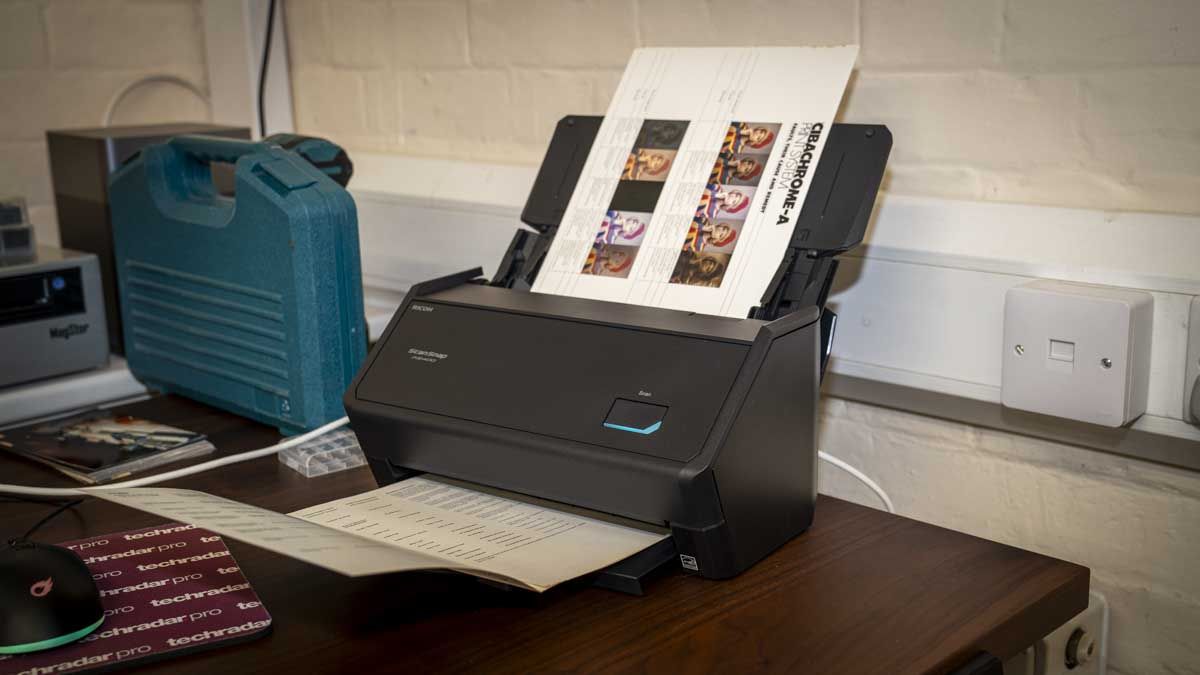Orcas are called “killer whales” (even though they’re technically dolphins) for good reason. They’re the ocean’s top predators, hunting down everything from great white sharks to blue whales—the largest animal in the world. But orcas aren’t born killers. It’s a skill they learn from their elders and, as new evidence suggests, practice on each other.
Parenthood, a new five-part BBC wildlife series narrated by David Attenborough, includes the first known footage of orcas learning how to drown their prey, as first reported by The Times. The training session is led by a matriarch and consists of one orca pretending to be the prey so the others can surround it and practice pushing its blowhole under the water.
“Specialised underwater gimbals and tow cameras were used to bring cameras alongside hunting orcas underwater. This technology allowed the crew to travel at the same speed as the orca hunting pack and provided new insights into their behaviour,” a BBC spokeswoman told The Times. “The practice-hunting behaviour appears to show members of an orca family submerging the head of one individual to prevent it from breathing—the technique used by killer whales to hunt large whales. This practice-hunting behaviour has never been filmed before.”
The footage was captured near Western Australia’s Bremer Bay, the same region where, in April, horrified tourists watched 60 orcas devour an endangered blue whale. After the practice session, the series shows the orcas using their skills while hunting a blue whale caught by surprise. Blue whales can hold their breath for somewhere between 10 and 30 minutes.
Orcas training their young how to hunt is just one of many parenting moments featured in the wildlife series, which was filmed over three years in six continents and 23 countries.
“I think it’s got all the feels—it’s got great behaviour, it’s got great emotion, it’s got great humour, it’s got relatable parental dilemmas. And it has a nod and a wink towards ‘helicopter parenting’ and ‘snowplow ‘parenting’—all those different terms that we bandy about as to what type of parent you are,” Jeff Wilson, the director, told the BBC. The series footage required “an observational, non-invasive” approach, he added. “We’re very proud of what we’ve put on screen.”
The show aired on BBC One on August 3 and is available on BBC iPlayer. We don’t know yet when the U.S. release will take place, but I’m sure those of you in the States can’t wait. After all, who wouldn’t want to hear Attenborough’s mesmerizing voice declare, “Success for all parents has perhaps the greatest of consequences. It ensures the future of life on our planet.”




